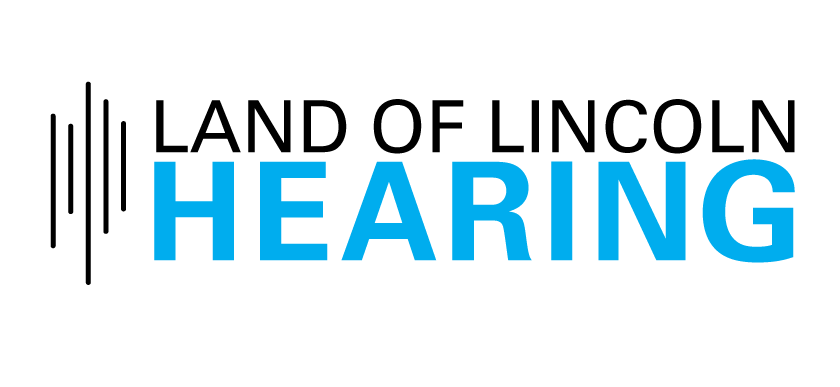An interesting thing about hearing loss is that the person who has it is frequently the last to know — or at least late to admit it.
It’s others, usually, who notice it first: by a TV that’s played too loud, or because they’re constantly asked to repeat themselves or — in the case of a spouse — answer the question, “what did he just say?”
So today’s hearing fact is less surprising than it should be. In a study of people 60 or older, nearly half who were tested with mild hearing loss didn’t think they had any at all.
Hearing loss is, typically, gradual. It can take years for it to get to a point where the consequences are overt. But even mild hearing loss can negatively impact our quality of life and, according to Johns Hopkins Medicine, double our risk for dementia.
Our advice is to be aware of hearing loss and proactively seek help before it causes irreversible challenges. You can start by contacting Land of Lincoln by clicking here. We can’t wait to hear from you!





















